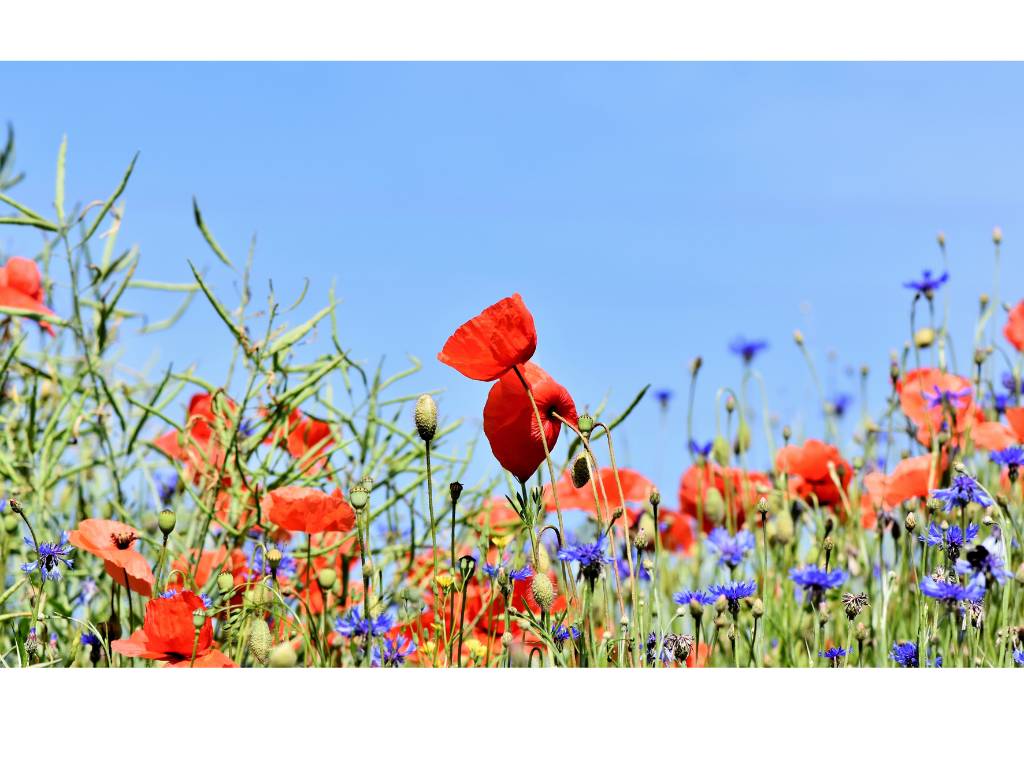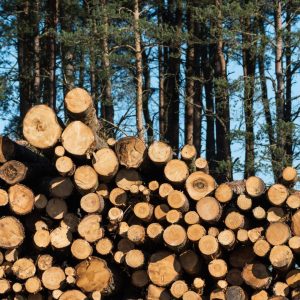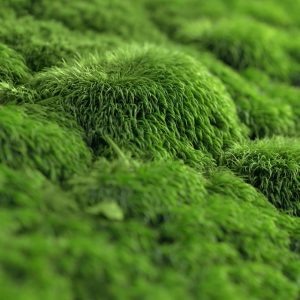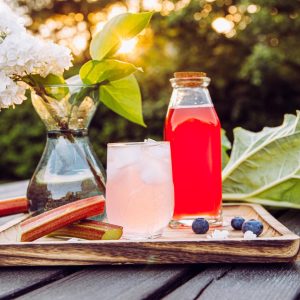Against the monotony of pesticides, herbicides, fungicides and artificial fertilizers
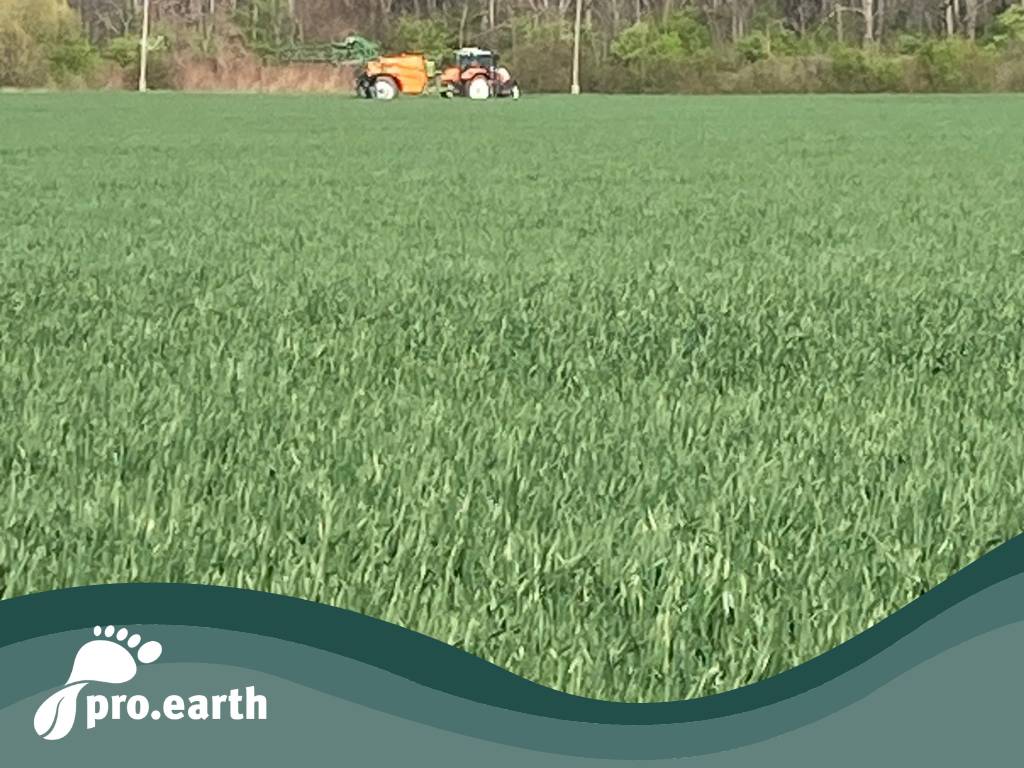
During yesterday's walk along the railroad line, I noticed it again in particular. The monotony of the fields surrounding me. A single grass monoculture as far as the eye can see, which is then wrapped in plastic as silage and fed half-fermented to the animals. A single type of grass that seems to have been specially bred for this purpose. How barren. A desert for most of the insects and birds that live here. Because the grass is mowed before it flowers. And treated with pesticides. And then comes the next plant, perhaps potatoes again, like last year. Again by the hectare. At least it will flower and provide food for some animals for a short time, as long as they don't die from the pesticides. And these then end up in the soil and our groundwater together with the residues of the artificial fertilizer.
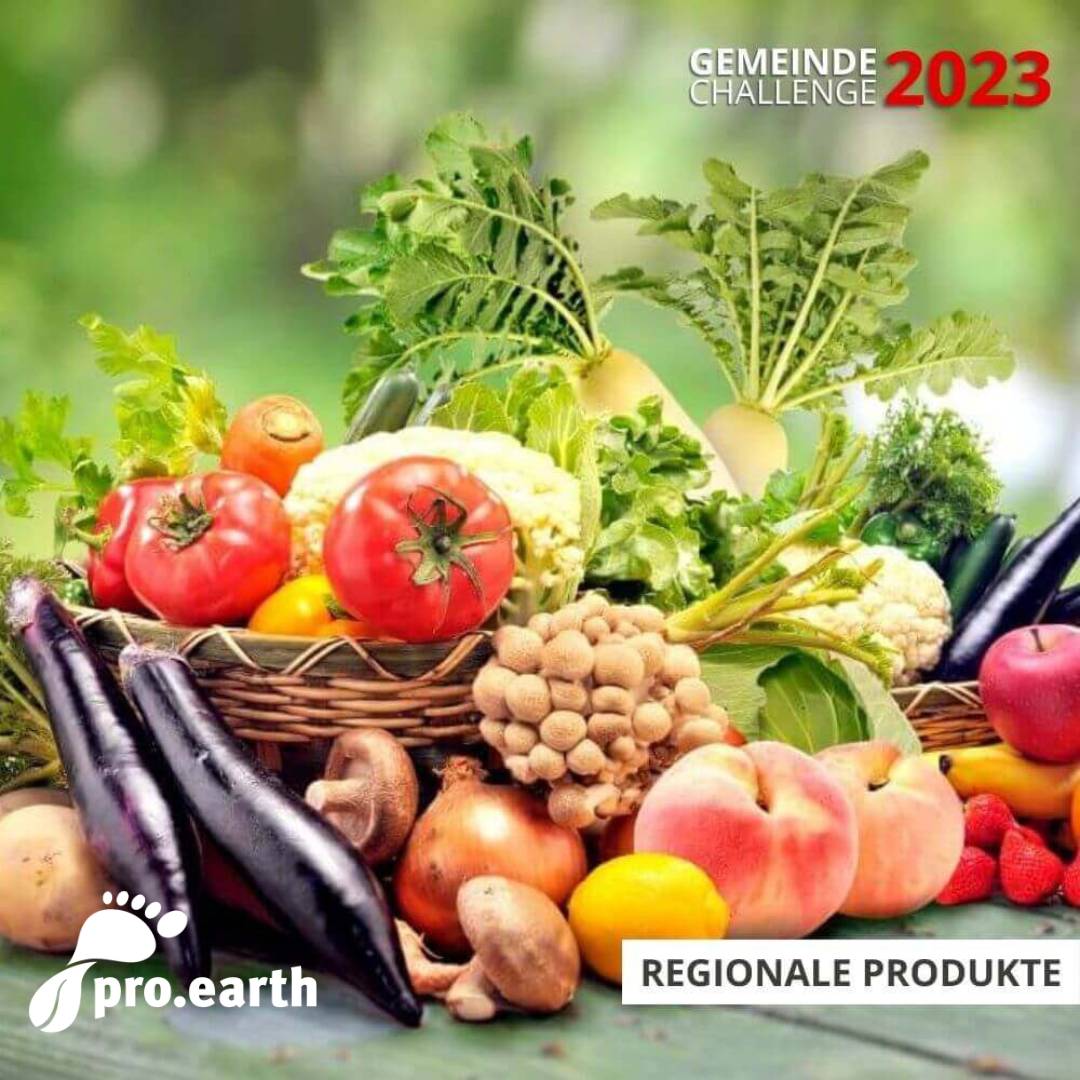
#actioninsteadofspeech!
Take part in our Community Challenge 2023 and support organic farms from YOUR region and buy seasonally !!!
Problems of conventional agriculture
My walk yesterday shows all sides of conventional agriculture. Agriculture takes up most of our land, secures our food supply, contributes to the preservation of the cultural landscape, but has created many environmental problems in recent decades due to its intensification.
- Loss of biodiversity
- Soil losing fertility
- Groundwater is contaminated with heavy metals and more
- Unworthy treatment of animals in factory farming
- Animal foods are laced with antibiotics and the like
- Plant-based foods contain toxic substances
- Increasing resource and energy consumption
The great death of farmers
The industrialization of agriculture and the monopolization of food sales has also meant that many farmers can no longer make a living from their work and have stopped. And there are many obstacles in the way of those who want to do things differently and take alternative, more ecological paths. From 2020 to 2021 alone, 45,000 (!) farms closed across Austria, that's around 123 per day, and the number of organic farms also fell slightly, albeit much less in percentage terms.
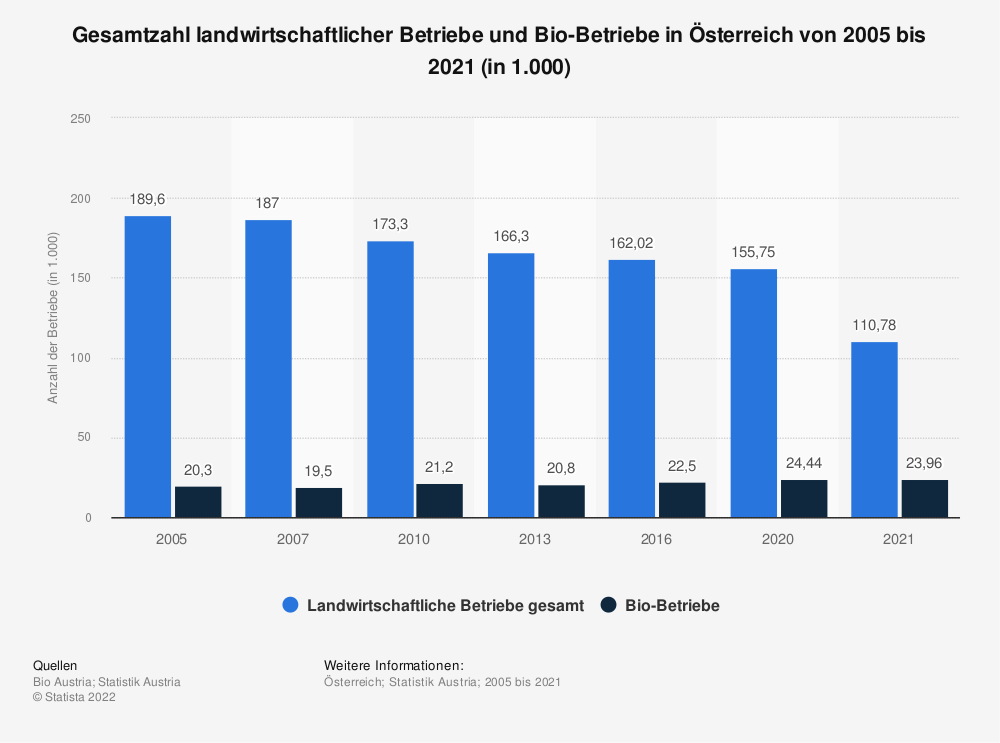
CAP - the common agricultural policy
The EU agricultural policy, which after the war aimed to achieve self-sufficiency for a community of only six countries at the time and has been revised several times since then, has a decisive influence on agriculture in all EU countries. It is the EU's largest budget item, accounting for 38% of the total budget and 58 billion euros. It is based on two pillars, namely
- Area premiums: These are paid per hectare. 80 percent of the area premiums are paid to 20 percent of large farms in conventional agriculture
- Rural development: specific measures for organic farming and for nature and environmental protection are combined here
The first pillar is much more important and receives around 75% of total funding. As a result, ever larger, more industrialized and more specialized companies are supported, which are only able to survive thanks to these subsidies. From our point of view, however, the second pillar is the really important one, although it only receives 25% of the funds.
Austria is the European pioneer in organic farming with a 25% share, but this still results in a 75% share of conventional farming and all the associated problems. In Germany, around 14% of all farms were organic in 2021, with 10.9% of land under cultivation.
https://news.pro.earth/2023/01/30/agrarwende-massive-kosteneinsparungen-durch-oeko-landwirtschaft/
Our pro.earth.conclusion:We no longer know what fields used to look like, even in the 1960s the fields were blue, red and pink. We urgently need much more biodiversity in the crops we grow, not monocultures that spread over large areas, but small, diverse cultivation areas and islands of protection for the recovery of healthy biodiversity in and around our agricultural areas. We need an agricultural turnaround!
You can support this by taking part in our Community Challenge 2023 and specifically buying organic products from YOUR region seasonally!!!!
You may also be interested in:
https://news.pro.earth/2022/10/13/klimapositive-landwirtschaft-ist-keine-utopie/
